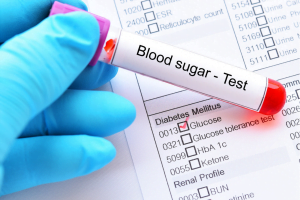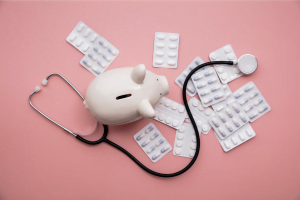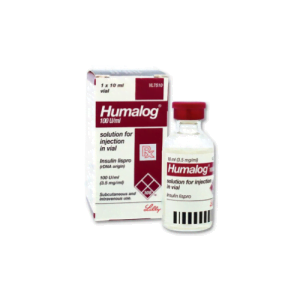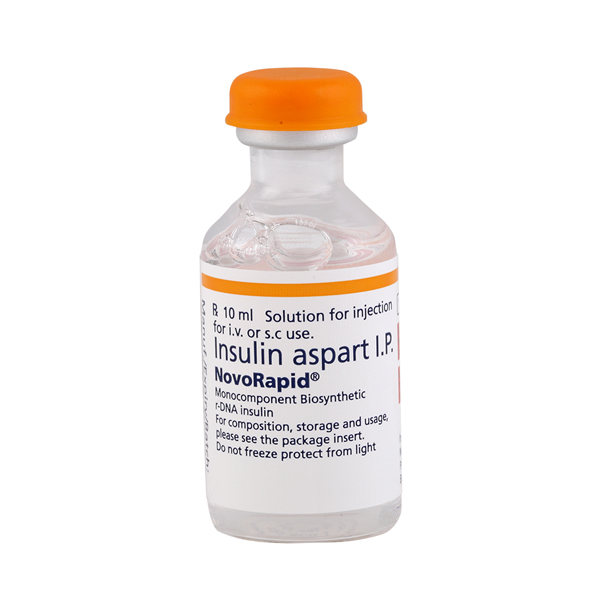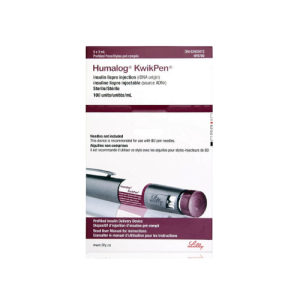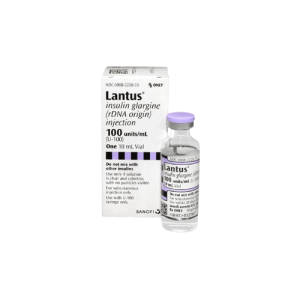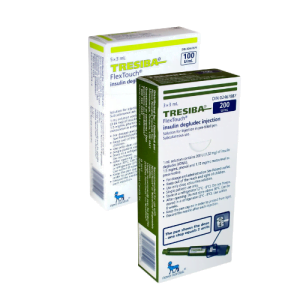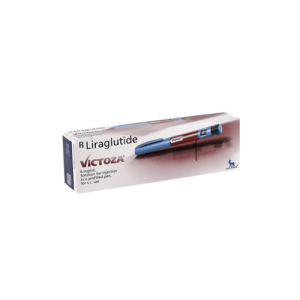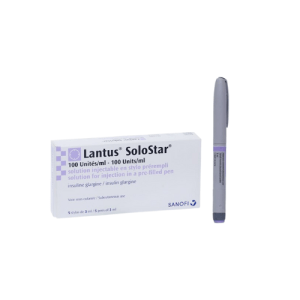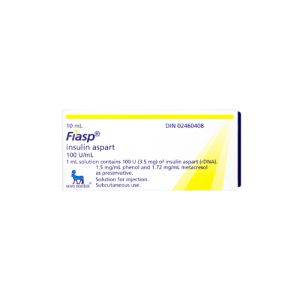What is hypoglycemia?
Hypoglycemia refers to a condition when your blood sugar level is abnormally low. Low blood sugar (hypoglycemia) can occur in diabetic patients who take too much insulin. Non-diabetic people can also experience symptoms of hypoglycemia if they do not eat for long periods or they exercise too much. It is important you treat hypoglycemia immediately to prevent the chance of having serious health problems. The beginning stages of hypoglycemia require a patient to take fast-acting sugar like glucose tablets, hard candy, or fruit juice. However, if you have severe hypoglycemia, you may require emergency treatment. Once you have regained your consciousness, a glucagon injection kit may be used to treat your condition.
What is hyperglycemia?
Hyperglycemia occurs when your blood glucose levels rises above the normal level. Hyperglycemia usually affects people with type 1 and type 2 diabetes. There are 2 forms of hyperglycemia, fasting hyperglycemia and postprandial hyperglycemia. Although rare, non-diabetic people may have high blood sugar that reaches 140mg/dL. This is not an emergency condition and does not usually result in any adverse symptoms. If you are diabetic, you may start to experience symptoms of hyperglycemia when your blood glucose level reaches 200mg/dL. When you notice symptoms of hyperglycemia, you should seek treatment right away to avoid the risk of serious complications. Hyperglycemia that is persistent can damage vital body organs, including your nerves, kidneys, heart, and eyes.
Difference between hyperglycemia vs hypoglycemia
You have normal blood glucose level if they are between 70mg/dL to 11 mg/dL. If your blood glucose level falls below 70mg/dL, you have hypoglycemia. If you are fasting and your blood glucose level rises above 126mg/dL, you have hyperglycemia. This is known as fasting hyperglycemia. Postprandial hyperglycemia occurs when your blood glucose level is above 180mg/dL 2 hours after eating. Hyperglycemia can be caused by an illness, infection, forgetting to take your insulin or oral diabetes drug, eating too many carbs, or being physically inactive. Hypoglycemia can be caused by excessive physical activity, skipping meals, taking too much insulin, excessive alcohol intake, and severe liver problem. Treatment of hyperglycemia involves lifestyle changes, such as exercising regularly to reduce your blood glucose levels, drinking more water to flush out excess glucose from your bloodstream via urine, and eating healthy foods.
If you are diabetic and you are experiencing hyperglycemia, you may need to adjust your insulin dose. Hypoglycemia can be quickly treated by taking glucose tablets. If left untreated, hypoglycemia can result in severe health complications such as loss of consciousness, seizures, or coma. On the other hand, if hyperglycemia is not treated, it can lead to life-threatening complications such as a heart attack or stroke. Hypoglycemia and hyperglycemia have different signs and symptoms. When you have hypoglycemia, you may experience symptoms such as confusion, fatigue, pale skin, convulsions, headache, anxiety, sweating, and loss of consciousness. On the other hand, if you have hyperglycemia you may have symptoms including increased thirst, frequent urination, blurred vision, difficulty concentrating, and headache.





